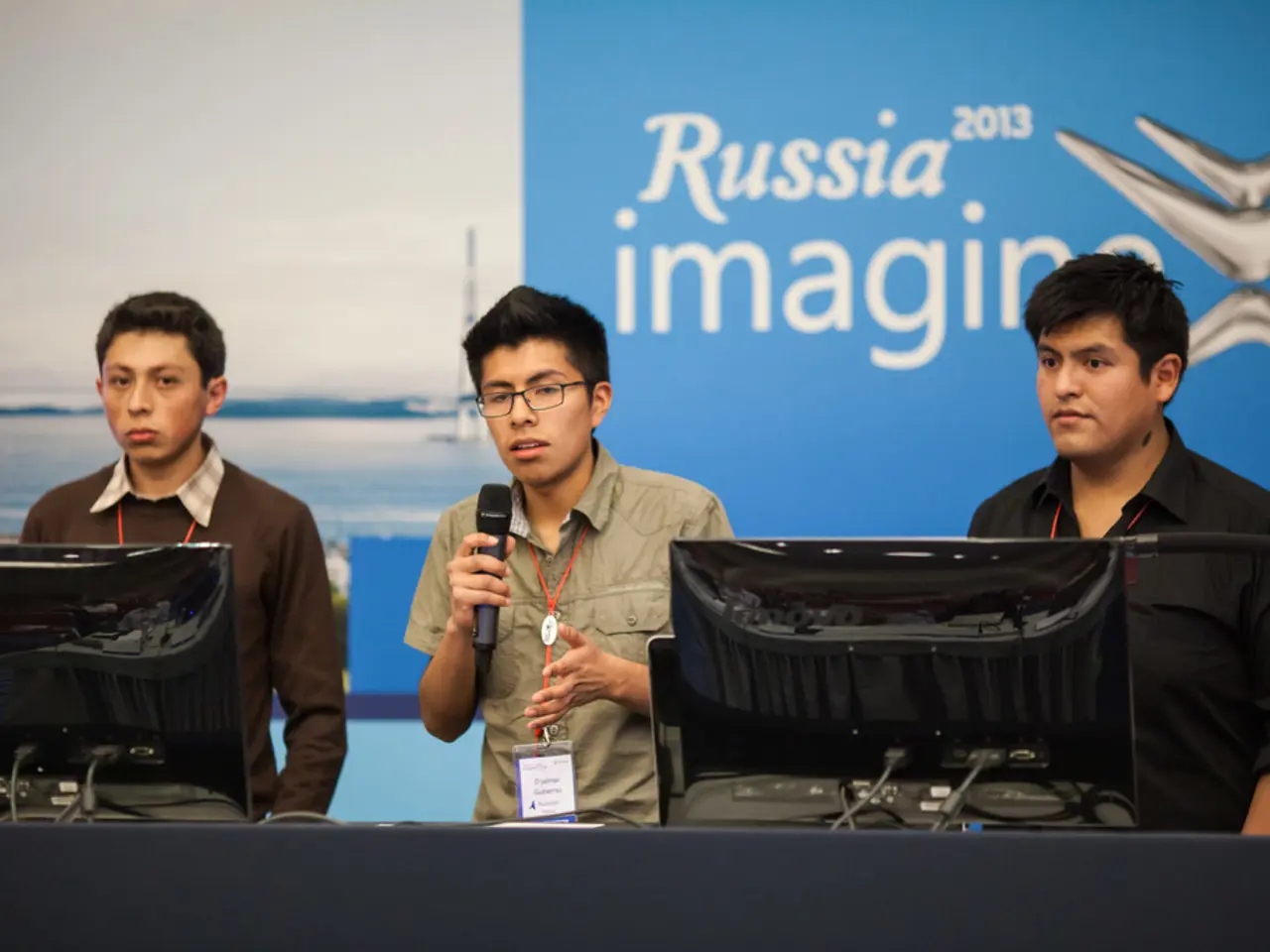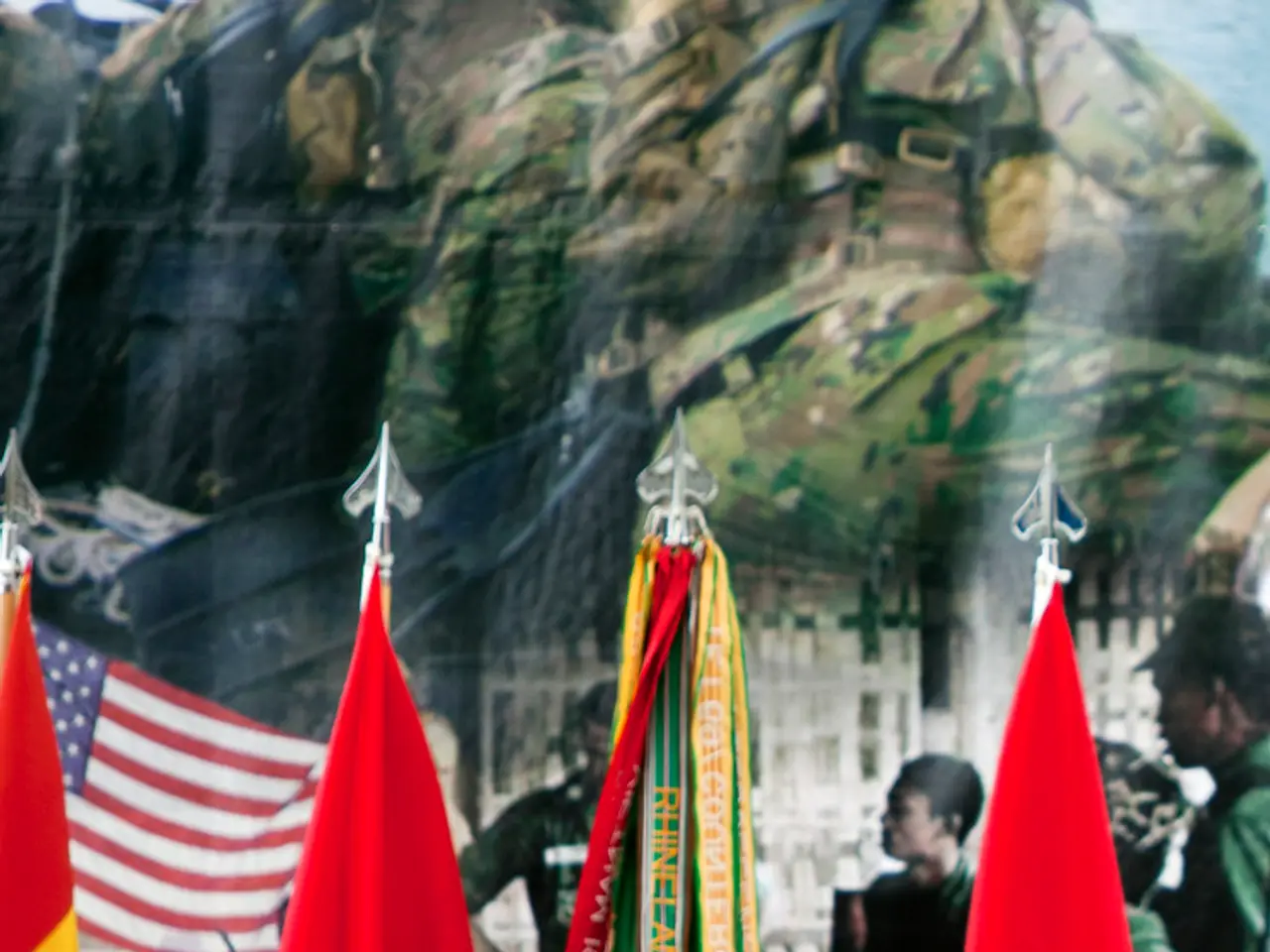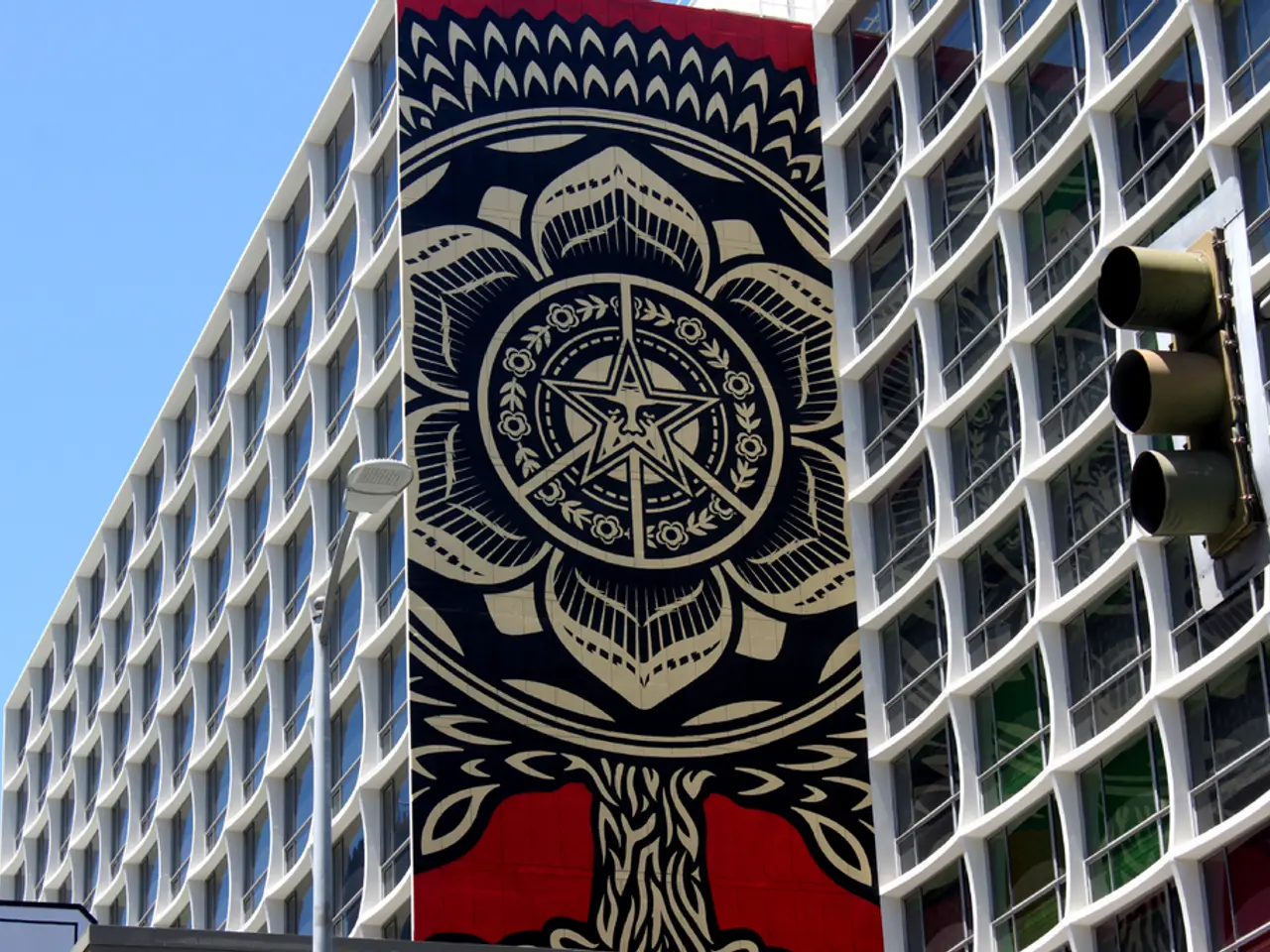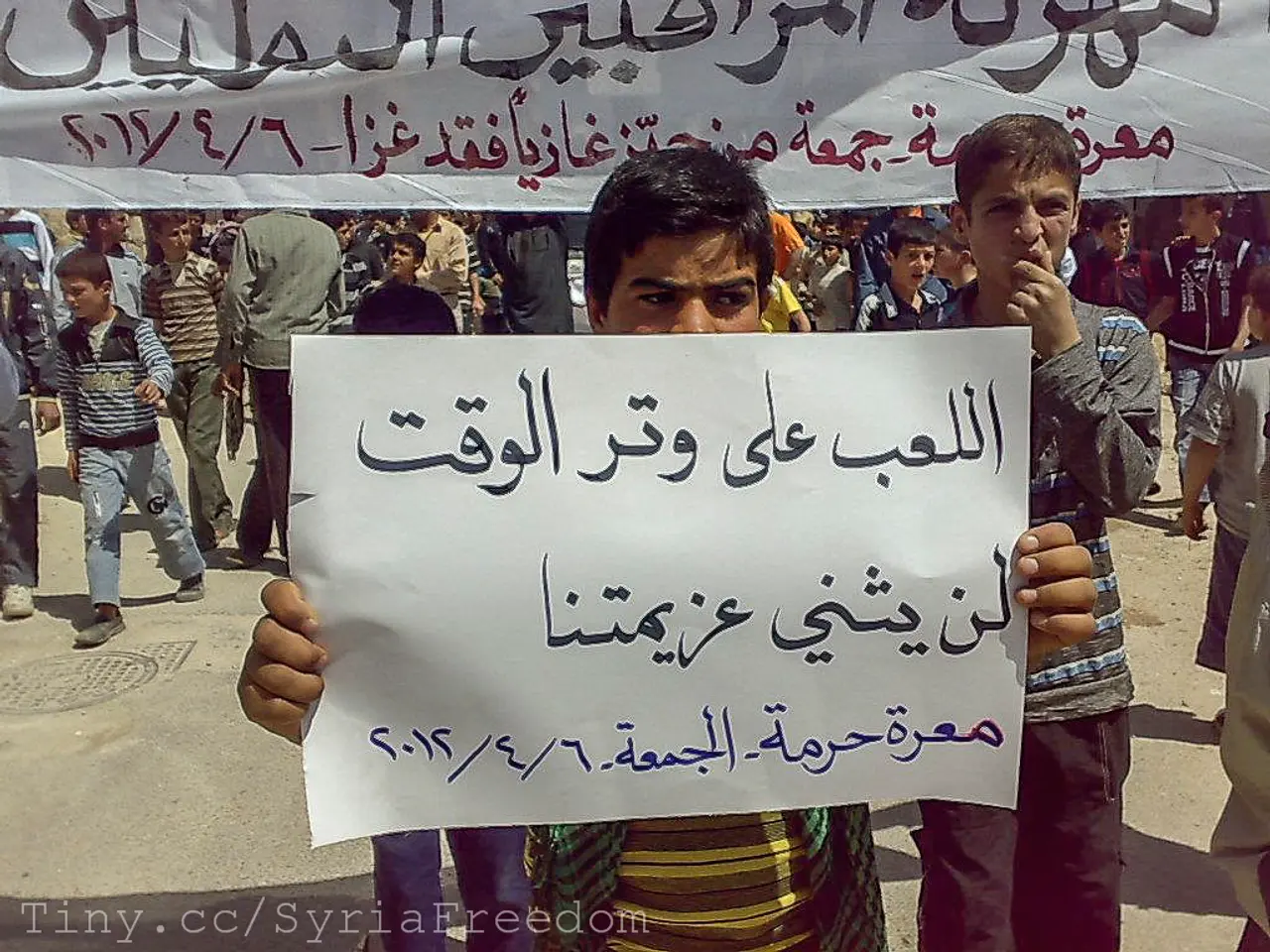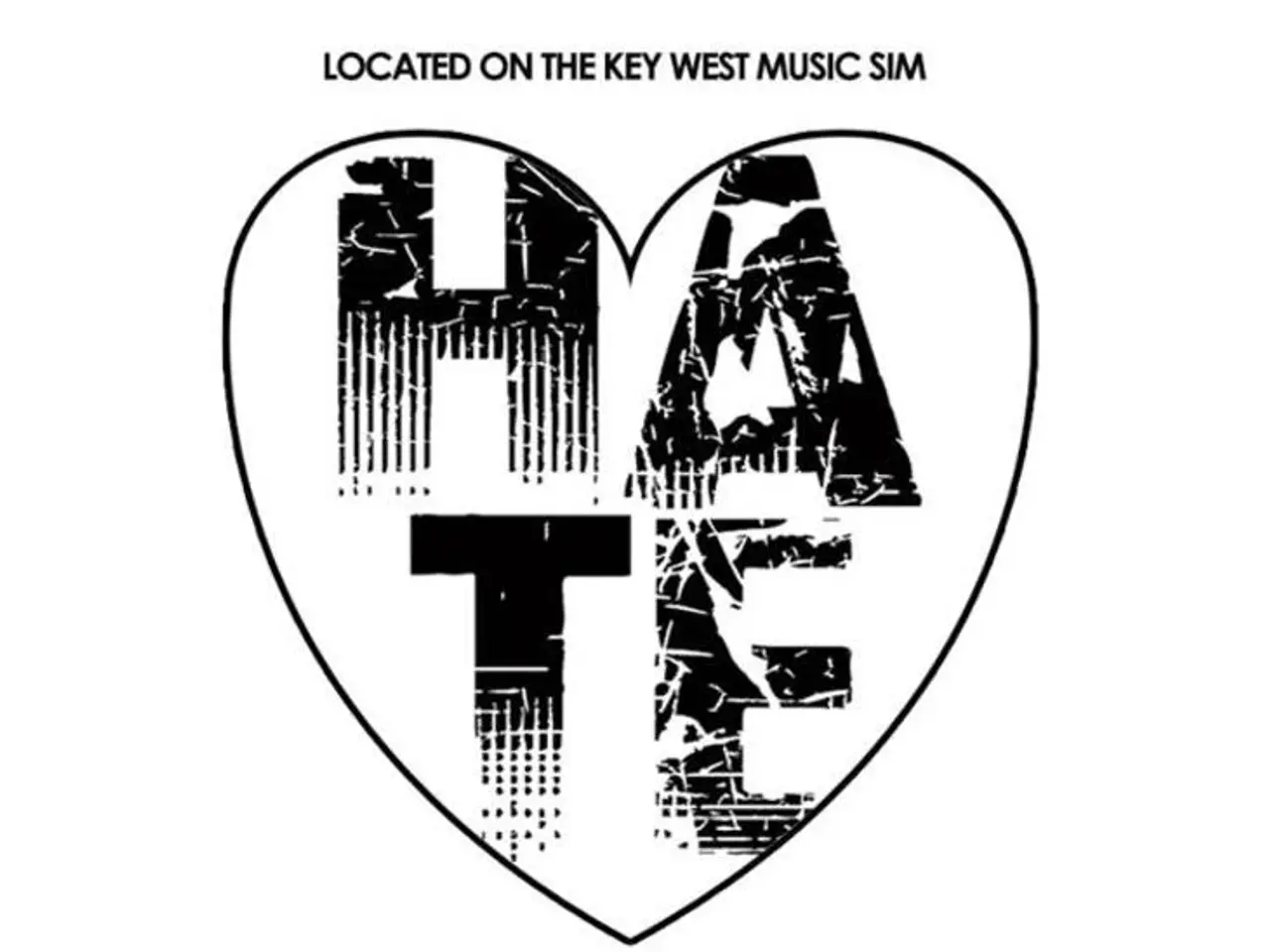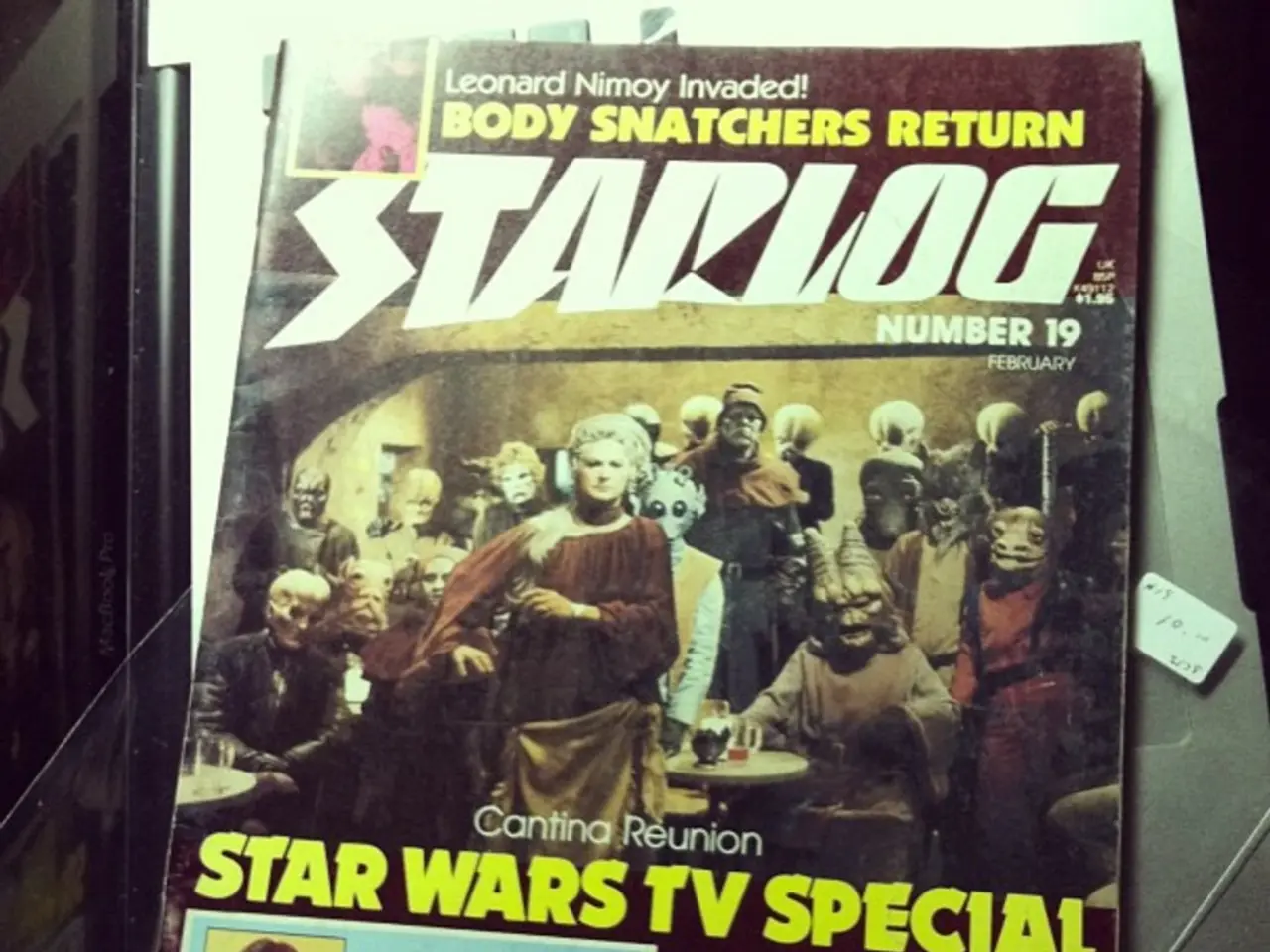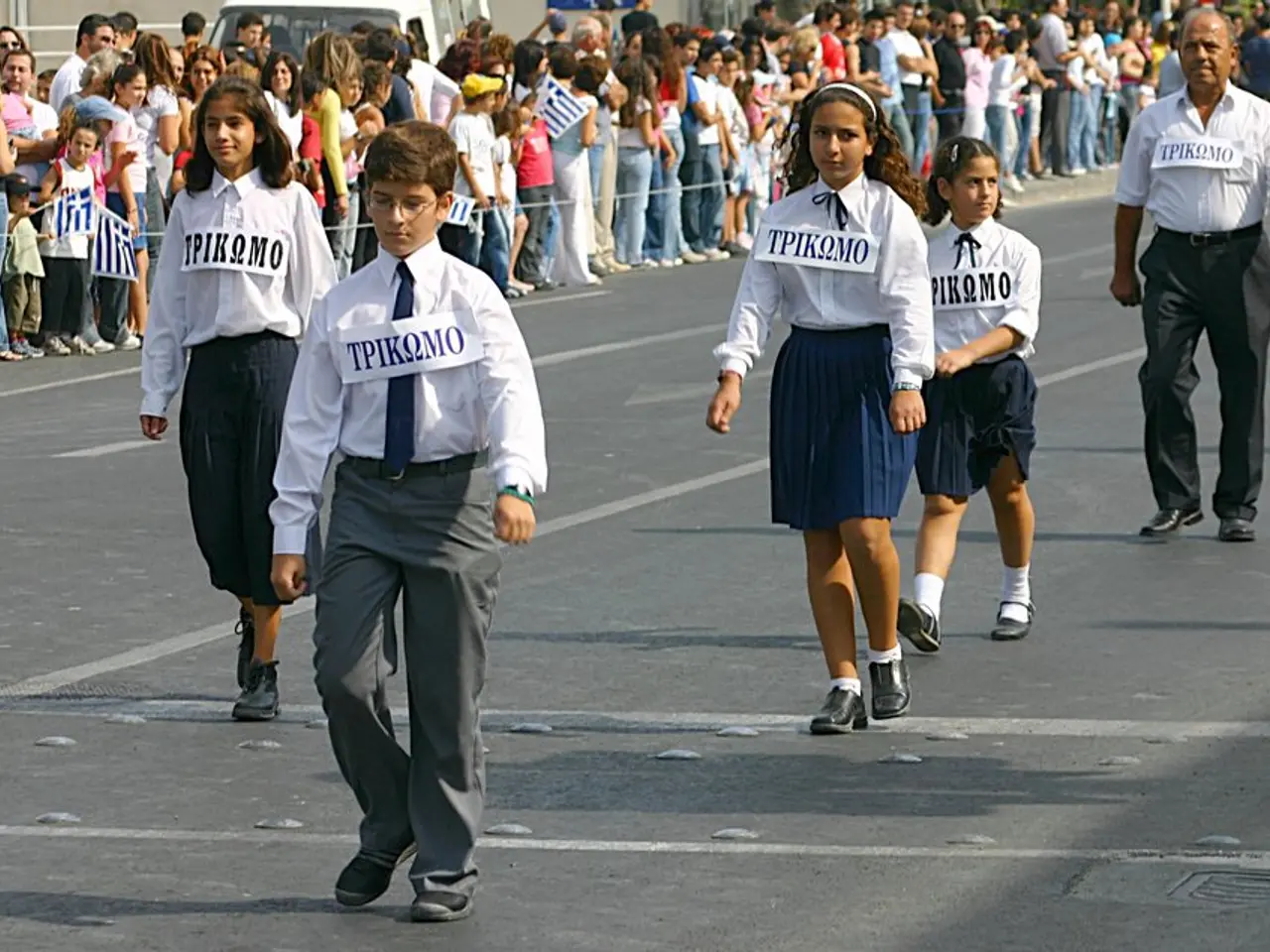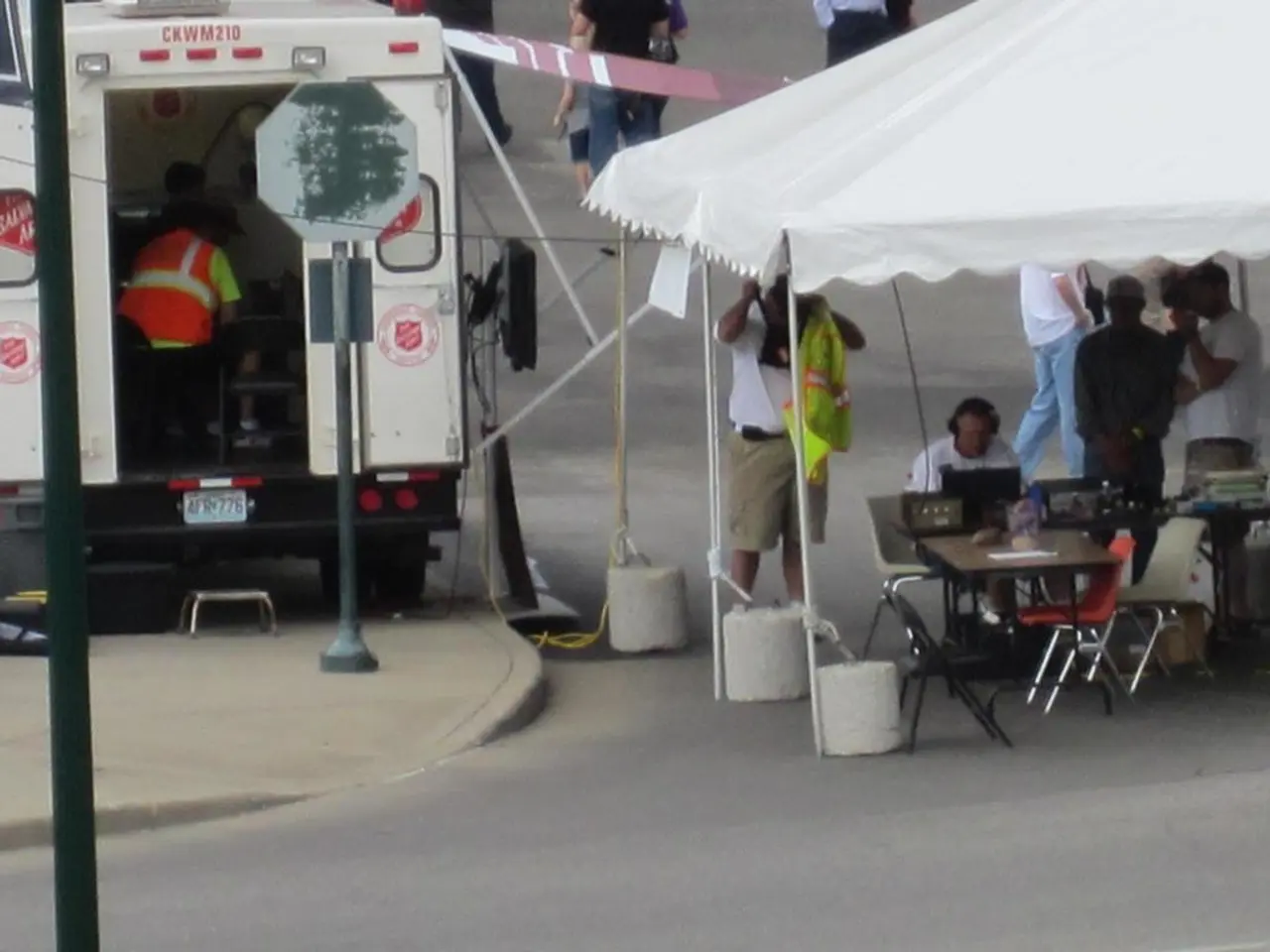Restoring authenticity
Ukraine's journey to reclaim its history has been a significant and complex process, marked by a determination to break free from Soviet-era narratives and assert its own identity. Since the fall of the Soviet Union in 1991, Ukraine has been on a mission to unearth its past, free from censorship, and reshape its national identity.
In 2015, Ukraine passed sweeping decommunization laws that opened national archives, banned the denial of the Holodomor as genocide, and outlawed Soviet symbols in public spaces. These measures led to the removal of over a thousand Lenin statues and the renaming of places to honour Ukrainian poets, activists, and heroes. This transformation was part of a broader effort to restore historical truth by incorporating previously erased chapters of Ukrainian history into education.
The decommunization laws are highly significant as they represent a break from Moscow-imposed myths, allowing Ukraine to affirm its own agency and narrative. While controversial, especially in regions with stronger Soviet legacies, most Ukrainians view decommunization as a necessary step towards confronting the past, essential for identity-building.
The struggle over historical truth in Ukraine is existential, involving control of narratives. This is evident in the aftermath of the 2014 Maidan revolution, which unleashed nationalist forces and targeted Soviet legacies as part of Ukraine’s push for sovereignty from Russia.
Ukraine's post-Soviet nation-building project was also a memory project, involving the rewriting of school curricula to include erased chapters of national history. Today, Ukraine's memory work includes local museums, memory walks, digital storytelling projects, survivor interviews, and artistic expressions.
One of the most significant milestones in this journey was the opening of the Holodomor Museum in Kyiv in 2008, marking a major step in public commemoration. KGB archives were also opened, revealing the full horror of Stalinist terror, including the Holodomor famine, political purges, suppression of intellectuals, and religious persecution.
Russia's disinformation campaign has labelled Ukraine's decommunization as "Nazification" and the 2014 Maidan Revolution as a Western-backed fascist coup. However, Ukraine's efforts are not about erasure but about truthful confrontation of the past, essential for identity-building.
In 2022, Russia framed its invasion of Ukraine as a 'rescue mission' - a restoration of imperial unity. Yet, Ukraine's struggle to reclaim its history serves as a powerful testament to its resilience and determination to shape its own narrative, free from foreign influence.
References: 1. Krawchenko, O. (2018). Ukraine's Memory Wars: Revisiting the Past in the Time of Conflict. University of Toronto Press. 2. Snyder, T. (2014). Bloodlands: Europe Between Hitler and Stalin. Basic Books.
- The decommunization laws in Ukraine, passed in 2015, are part of the broader war-and-conflicts surrounding the nation's post-Soviet identity-building, a contentious process that includes politics and general news.
- In the face of Russia's disinformation campaign labeling Ukraine's decommunization as "Nazification" and the 2014 Maidan Revolution as a Western-backed fascist coup, Ukraine's struggle to reclaim its history serves as a significant counter-narrative in the ongoing politics of war-and-conflicts and general news.
